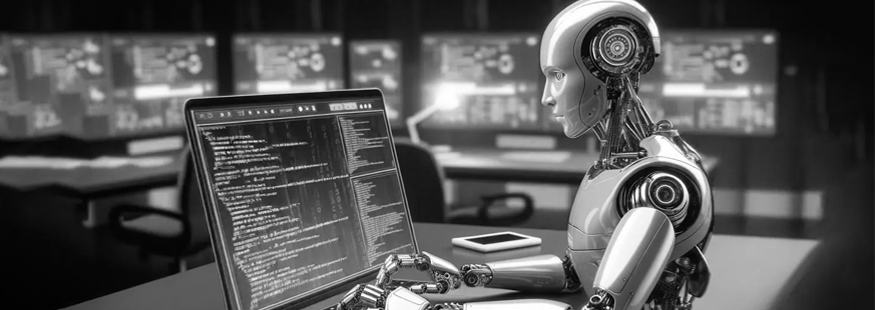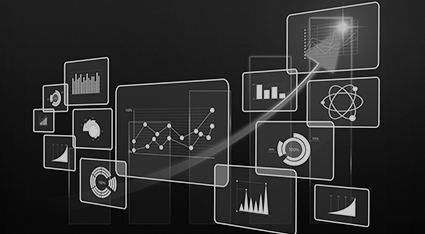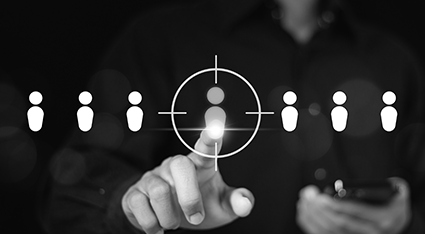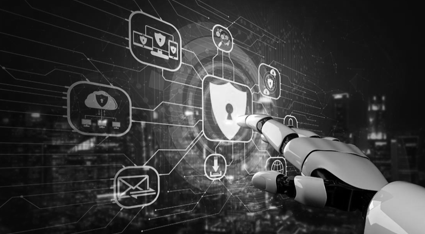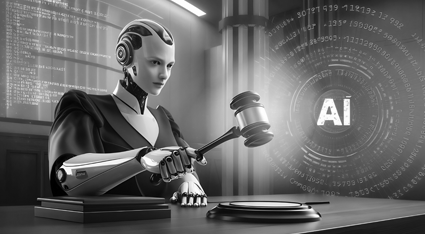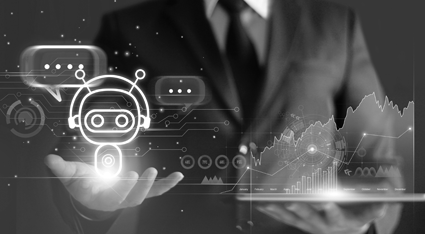The Evolution of Software Engineering in 2025
Software development is undergoing a seismic shift. AI is no longer just a tool—it’s becoming a co-developer, optimizer, and strategic enabler. While some fear that AI will replace engineers, the reality is that developers who embrace AI will be more valuable than ever.
In 2025, software engineering is not about writing every line of code manually. Instead, engineers are evolving into AI-augmented problem-solvers, focusing on strategy, automation, and system design while AI assists with execution.
AI as an Enabler, Not a Replacement
The misconception that AI will replace engineers oversimplifies the role of AI in development. AI can:
- Automate repetitive coding tasks like boilerplate code, bug fixes, and refactoring.
- Enhance software quality by predicting errors before deployment.
- Accelerate software delivery through AI-assisted DevOps and continuous integration.
However, AI cannot replace human intuition, creativity, and complex decision-making—which means software engineers remain irreplaceable.
The Shift: From Writing Code to Guiding AI
The role of engineers is shifting from manual coding to guiding AI in writing better code. This means:
- Developers will design prompts and models to train AI to generate high-quality software.
- Engineers will validate AI-generated code, ensuring security, efficiency, and maintainability.
- AI-assisted pair programming will become standard, reducing development time while improving accuracy.
Key Trends in AI-Driven Software Development
1. AI-Powered Code Generation is Mainstream
Tools like GitHub Copilot, OpenAI Codex, and DeepCode have changed how developers write software. In 2025:
- AI will suggest entire code structures, reducing the need for manual implementation.
- Engineers will shift from syntax-heavy coding to high-level architecture and logic design.
2. Automated Testing & Debugging Will Reduce Human Effort
Testing is time-consuming, but AI-powered tools are making it:
- Self-correcting → AI identifies and fixes vulnerabilities in real-time.
- More intelligent → AI predicts which parts of an application are prone to failure.
- Faster → Automated testing cuts down QA cycles significantly.
3. AI Will Transform Software Architecture Design
Developers will rely on AI-driven software architecture recommendations, enabling:
- Automated system optimization for performance and security.
- AI-assisted API design and integration for seamless connectivity.
- Adaptive architectures that evolve based on real-time application performance.
4. The Rise of AI-Augmented Engineering Roles
New roles will emerge as AI takes over traditional coding tasks:
- AI Software Strategist → Guides AI in writing, optimizing, and refactoring code.
- AI-Powered DevOps Engineer → Uses AI to automate deployment, scaling, and security monitoring.
- Software Performance Analyst → Uses AI to optimize application efficiency and response times.
How Engineers Can Stay Ahead in an AI-Driven World
→ Master AI-Augmented Development
Engineers must understand how to work alongside AI tools rather than compete with them. The best developers will:
- Train AI models to generate better code.
- Leverage AI-assisted debugging for real-time error resolution.
- Optimize AI-generated software for efficiency and security.
→ Focus on System Design & Architecture
With AI handling much of the code generation, engineers must specialize in high-level system design. Future software engineers will:
- Develop AI-driven architecture frameworks.
- Work on large-scale automation strategies rather than line-by-line coding.
- Ensure AI-generated code meets industry compliance and security standards.
→ Learn AI, Automation & Machine Learning
In 2025, understanding AI concepts will be a requirement for software engineers. To stay ahead, developers should:
- Learn machine learning fundamentals to understand how AI writes and optimizes code.
- Explore AI-based automation for streamlining software development pipelines.
- Experiment with AI-powered development tools like TensorFlow, PyTorch, and GPT-driven coding assistants.
AI’s Impact on Enterprise Software Development
1. AI-Driven DevOps & CI/CD Pipelines
AI is revolutionizing software deployment by:
- Predicting infrastructure failures before they occur.
- Automating software rollouts with zero downtime.
- Optimizing cloud resource allocation for cost efficiency.
2. AI-Powered Cybersecurity & Threat Detection
As software complexity increases, AI is being used to:
- Detect vulnerabilities in real-time before they become security threats.
- Analyze attack patterns to prevent breaches before they happen.
- Automate compliance enforcement for regulatory standards.
3. AI-Augmented Software Maintenance
Traditional software maintenance is reactive—AI is making it proactive by:
- Identifying code inefficiencies before they impact performance.
- Predicting system crashes based on historical usage patterns.
- Automating system updates and patches for uninterrupted performance.
The Future is AI-Augmented Engineering
AI isn’t replacing software developers—it’s elevating their role. In 2025, the best engineers will be those who:
- Leverage AI to code faster and smarter.
- Shift focus from syntax to high-level problem-solving.
- Embrace automation to optimize DevOps and security.
The future of software development isn’t AI vs. humans.
It’s AI and humans working together to build the next generation of intelligent systems.
The real question is—are you ready to adapt?

